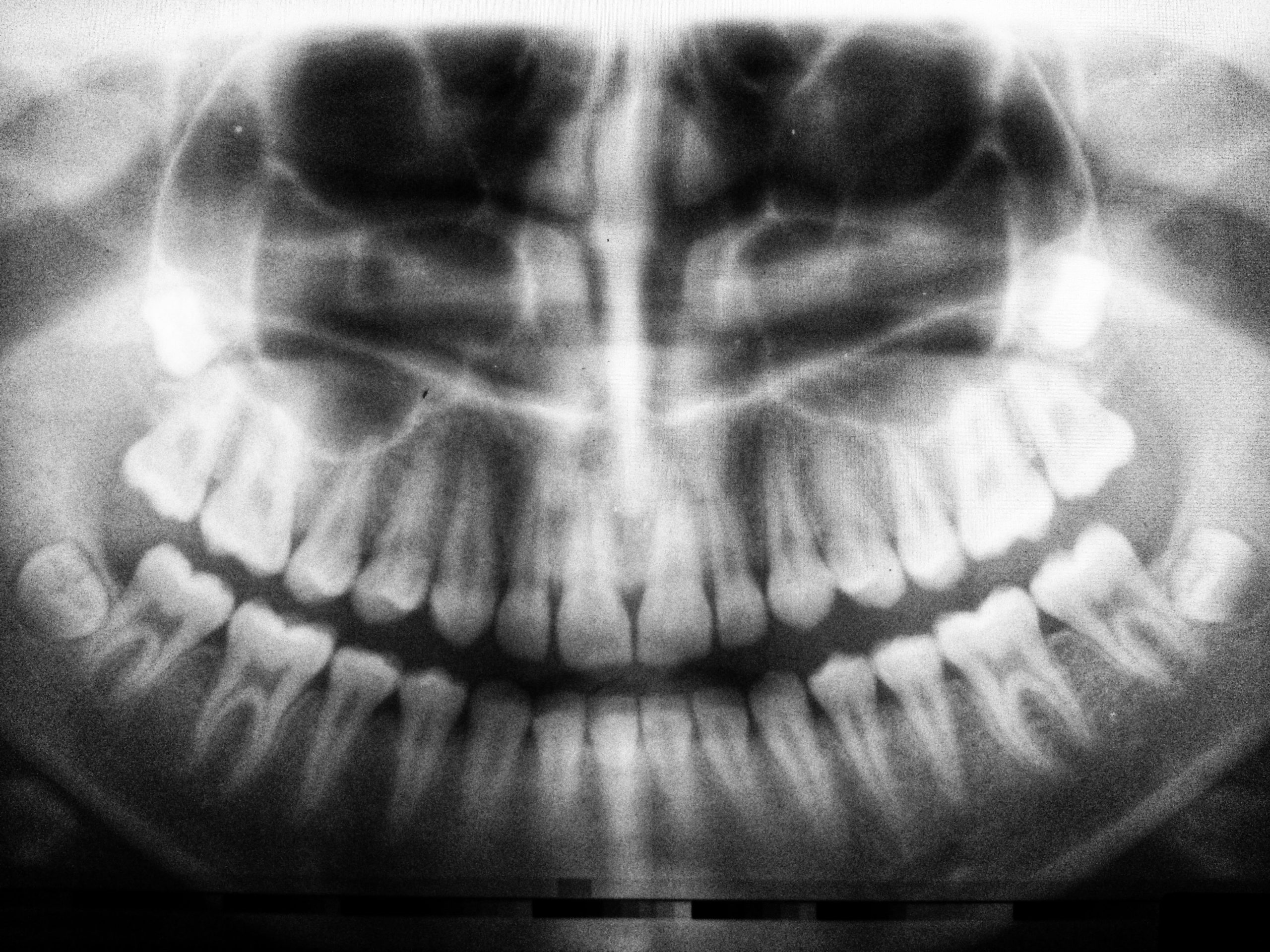Dental emergencies can strike any moment, leaving you in pain and uncertainty about the proper course of action.
This article aims to guide you through the appropriate steps to take in various dental emergencies, ensuring you can confidently handle them and get the help you need as soon as possible.
What Are the Most Common Dental Emergencies, and How to Respond?
This section covers several common dental emergencies and provides tips on properly responding to each situation.
Dealing With Severe Toothaches
Severe toothaches can be a sign of underlying issues that require personalized dental care. To alleviate the pain, rinse your mouth with warm saltwater, take an over-the-counter pain reliever, and place a cold compress on the affected area. It is essential to consult with a dentist in these situations, as they can evaluate the root cause of the pain and develop a personalized treatment plan accordingly.
In these instances, ignoring or postponing proper dental care can lead to further complications and even jeopardize your overall health and well-being.
Addressing Knocked-Out Teeth
Knocked-out teeth are a time-sensitive dental emergency, so acting quickly is crucial. Pick up the tooth by the crown, gently rinse off any debris, and try to reinsert it into the socket.
If that’s impossible, keep the tooth moist by placing it in a container with milk or saliva. Schedule an urgent dentist appointment, as the chances of saving the tooth decrease with time.
Handling Chipped, Cracked, or Broken Teeth
For chipped, cracked, or broken teeth, rinse your mouth with warm water and apply a cold compress to the affected area to minimize swelling. Visit your dentist as soon as possible to assess the damage and discuss possible treatments, such as invisible smile correction or dental bonding.
Managing Soft Tissue Injuries in the Mouth
If you accidentally bite or cut your cheek, lip, or tongue, gently clean the wound with water and apply pressure using a clean gauze or cloth to stop the bleeding. Once the bleeding has stopped, use a cold compress to reduce pain and swelling. If the cut is deep or doesn’t stop bleeding, visit your dentist or an emergency room immediately.
Responding to Dental Abscesses or Infections
Dental abscesses or infections can lead to severe pain, fever, and swelling. Rinse with warm salt water and see your dentist immediately. Failure to treat these infections quickly can result in more serious health issues and complications.
Navigating Orthodontic Emergencies
Loose wires or brackets from orthodontic braces can cause discomfort or injury to your cheeks and gums. Firstly, use orthodontic wax to cover the loose wire or bracket temporarily. Then, schedule an appointment with your orthodontist to fix the issue.
Final Thoughts
As you face any dental emergency, acting quickly and knowing the right steps to take can significantly impact the severity of the injury and the effectiveness of subsequent treatment. Prevention is always the best medicine – maintain good oral hygiene, avoid chewing on hard objects, wear a mouthguard during sports activities, and schedule regular dental checkups to prevent dental emergencies from occurring in the first place.
However, if you are in a dental emergency, don’t hesitate to contact your dentist or the nearest emergency room for guidance and necessary treatment.


